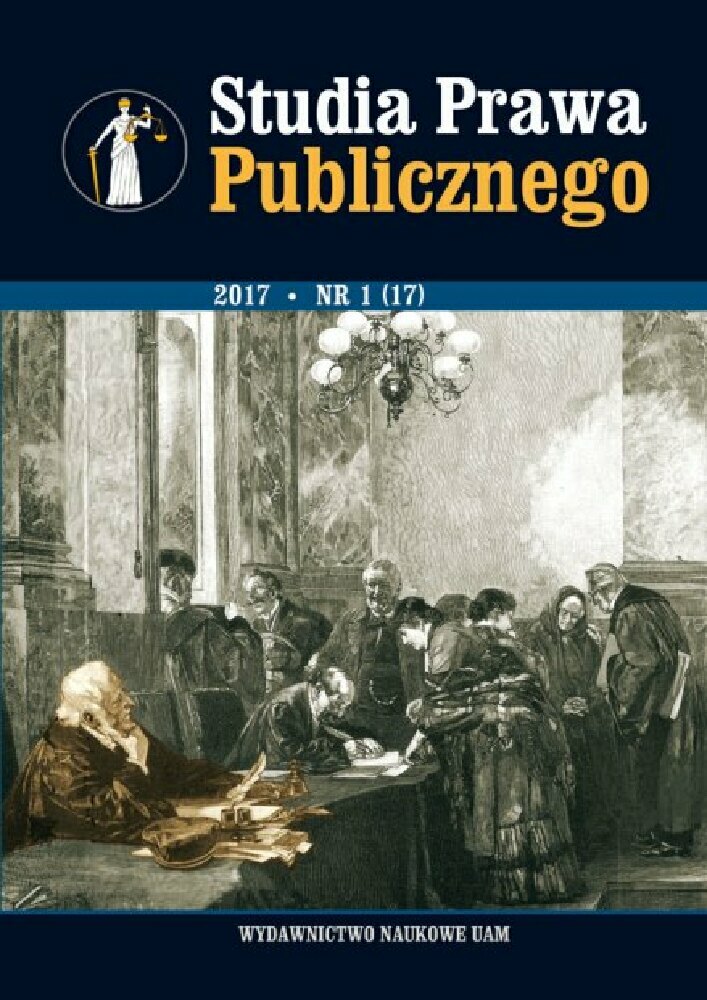Abstract
Until 1965 the requirements and conditions of habilitation proceedings in Poland were governed by the law on schools of higher education. The solutions adopted under that law showed a relatively high degree of stability. In the fi rst years after WWII the habilitation qualifi cation was based on the solutions governing in Poland in the 1930s, with only slight changes introduced in the fi rst month after the end of the war. The fi rst reform of higher education of 1947 left the right to confer habilitation degrees with schools of higher education then in existence and retained the existing order of the habilitation proceedings. However, it implemented a number of rather signifi cant amendments in the area of the requirements needed to be fulfi lled at each stage of these proceedings. The right to lecture remained inherent to the habilitation qualifi cation and degree. What changed was the scope of infl uence of the minister of education supervising schools of higher education regarding habilitation proceedings and the appointment of the Main Council of Higher Education with the right of fi nal say and consent to the opening of the habilitation qualifi cation and to run the habilitation proceedings. Habilitation was abandoned by the reform of 1951 and replaced, following the Soviet model, with a higher degree of a doctor of science. Further changes followed in 1958 when it was restored by relevant provisions of the Act on higher education. It was then that more than forty years after Poland regained independence, the habilitation degree was for the fi rst time tied to a successful completion of the habilitation proceedings and earning the degree of a ‘docent’. The Main Council of Higher Education continued to function but its role in habilitation proceedings was reduced to issuing opinions before the minister of higher education decided on habilitation matters. Apart from schools of higher education, the right to confer habilitation degrees was granted to the Polish Academy of Sciences and academic institutions operating outside schools of higher education.
License
Copyright (c) 2019 Krystyna Wojtczak

This work is licensed under a Creative Commons Attribution-NonCommercial-NoDerivatives 4.0 International License.
